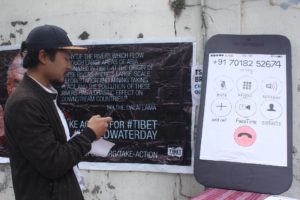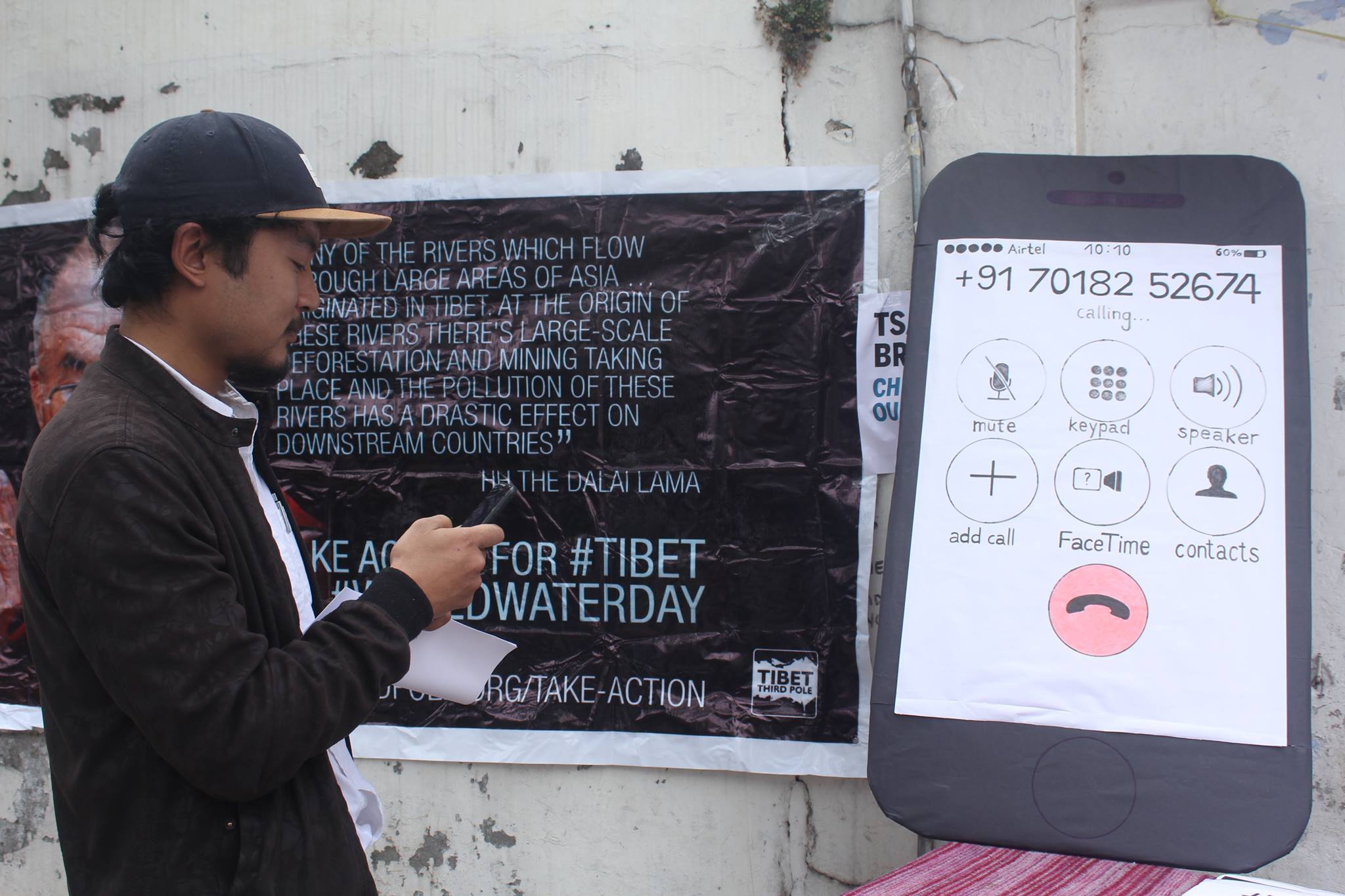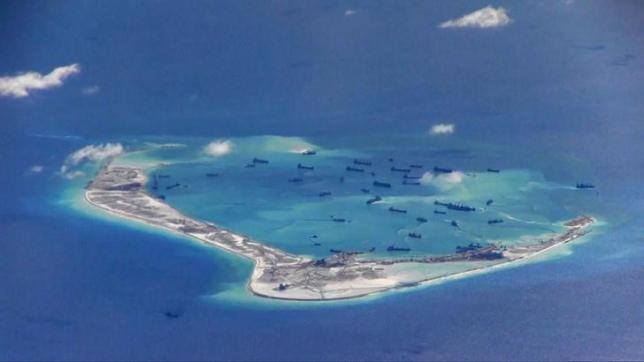SFT urges downstream nations to push for Trans-Boundary Water Sharing Treaty with China
By Lobsang Tenchoe
DHARAMSALA, March 22: Students for a Free Tibet (SFT)-India today observed World Water Day by highlighting the grave threat the downstream nations are exposed to with the rampant damming of Tibet’s rivers by China.
“Today we are observing ‘World Water Day’ to highlight the urgent need for the downstream countries to form a multilateral forum to pressure China against the building of dams and diverting the Brahmaputra,” said Tenzin Tselha, SFT National Director.
Tselha further urged the governments of downstream nations like India and Bangladesh to raise their voice against China’s rapid building of large hydroelectric dams, mammoth water diversion projects and unregulated mining in the headwater regions.

The Student group launched a signature petition (http://savetibetanrivers.org) to urge Asia’s leaders to jointly call for a Trans-Boundary Water Sharing Treaty with China to protect Tibet’s rivers and save Asia’s lifeline.
The signed petition is addressed to the elected head of India, Pakistan, Bangladesh, Nepal, Bhutan, Thailand, Myanmar, Vietnam, Cambodia and Laos.
Alongside the signature petition, the student activist group has also introduced a miss call campaign launched a week earlier to spread information and awareness on the plight of Tibetan rivers.
“To show us you care about Tibet’s rivers and the 2 billion people in Asia who are dependent on these rivers, just give us a miss call on a miss call on +91 7018252674 and we will send information on the plight of Tibetan rivers,” Tselha added.
“China’s Zangmu Dam became operational in October 2015. The dam lies along the upper reaches of the Yarlung Tsangpo (known as the Brahmaputra in India). Due to its close proximity to India, the dam may trigger floods in the Indian state of Assam during the rainy season and may cause the Brahmaputra to dry up during winter. In this event, downstream agriculture will be seriously affected and soil salinity will increase,” Tenzin Tselha, SFT –India’s National Director said quoting Madeleine Lovelle, a Research Analyst of the Global Food and Water Crises Research Programme.
 China is set to construct 181 dams on Tibetan rivers by 2030 as proposed in their 13th five-year plan. Global warming coupled with China’s dam-building on major Tibetan rivers at a staggering scale exposes the downstream nations to a grave threat.
China is set to construct 181 dams on Tibetan rivers by 2030 as proposed in their 13th five-year plan. Global warming coupled with China’s dam-building on major Tibetan rivers at a staggering scale exposes the downstream nations to a grave threat.
“By 2025, the water scarcity is predicted to affect 1.8 billion people, particularly across Asia. Chinese control in Tibet places China in a dominant position to control Asia’s water sources,” Tselha concluded.
Tibet, often called the third pole of the world has the largest store of fresh water outside the Arctic and Antarctic. Major Asian rivers that originates from Tibet provides life line for nearly 1.4 billion people across 11 large downstream nations.
March 22 is celebrated as World Water Day globally since the United Nations (UN) designated the day in 1993.






